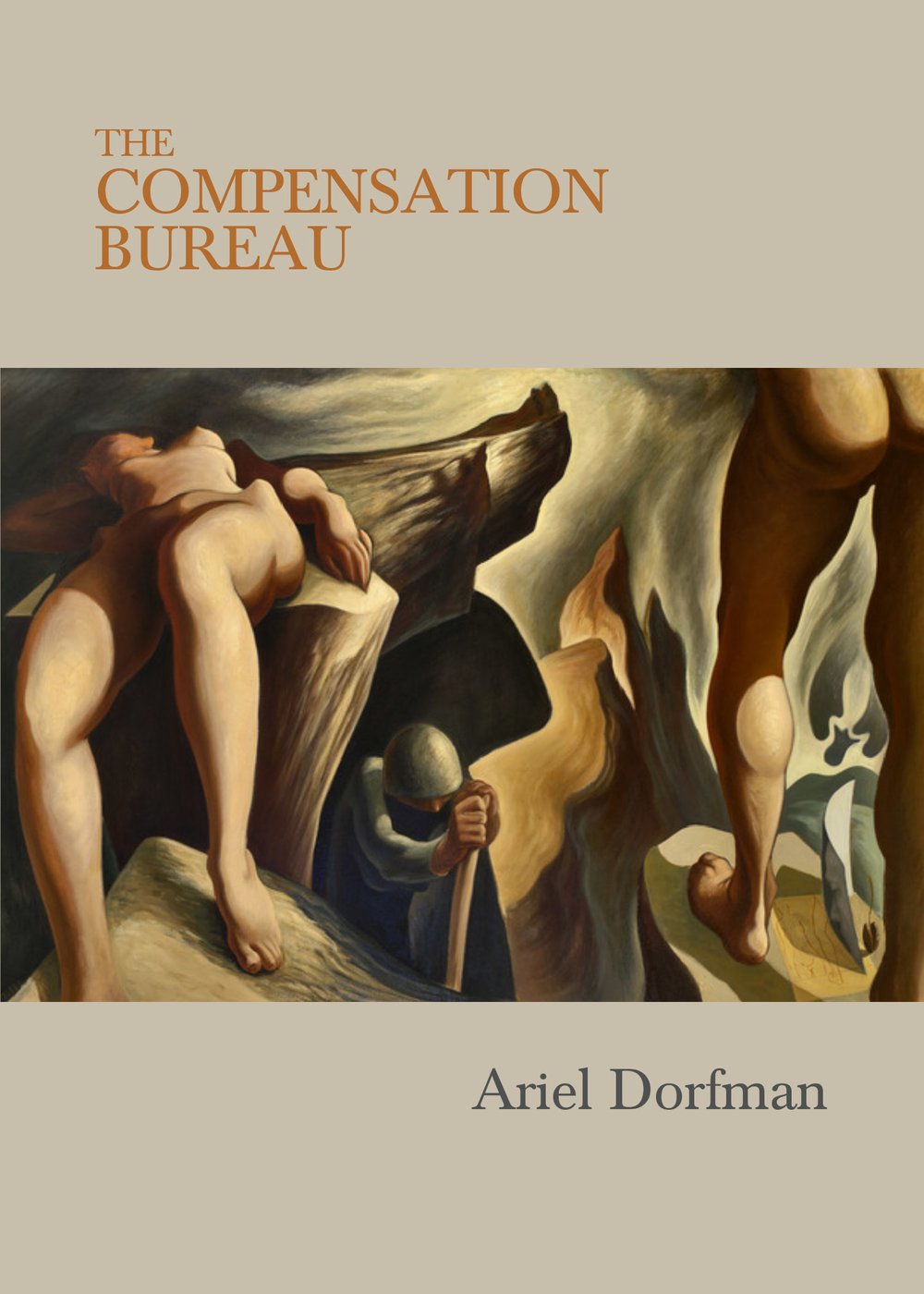The Compensation Bureau

“I have created for each of you a fate, one tailored specifically for your needs and desires. Each of you has a defining moment—not before, not after—when a wrong turn or decision led to the disastrous outcome that you and I mourn. To isolate that malignant moment is an exacting, exhaustive process, which only the most well-trained and competent professionals, armed with the most sophisticated of predictive models and processing power, can accomplish. You can put your trust in me, as you would in an expert surgeon, a surgeon of the soul.”
On a distant planet overlooking Earth, the nameless protagonist of The Compensation Bureau is one of a team of Actuaries at work on the innovative Lazarus Project. Conceived in response to the shocking violence observed in humankind, the project identifies people who have wrongfully died at the hands of others—whether victims of war, hate crimes, or random brutality—and attempts to compensate for the cruelty and pain they faced in life and death.
But balancing the accounts for the sufferings and wrongdoings of humanity proves hardly a clinical exercise. The Actuary soon finds himself personally invested in the project’s mission, and the goals of the project itself are complicated as the fate of Earth’s inhabitants becomes more uncertain. The Compensation Bureau explores the power of individual and collective action, from a writer hailed by The Washington Post as “a world-novelist of the first category.”

Born in Argentina in 1942, Ariel Dorfman spent ten years as a child in New York, until his family was forced out of the United States by the anti-communist frenzy stirred by Joe McCarthy. The Dorfmans ended up in Chile, where Ariel spent his adolescence and youth, living through the Allende revolution and the subsequent resistance inside Chile, and abroad after the dictatorship that overthrew Allende in 1973. Accompanied by his wife Angélica, he wandered the globe as an exile, finally settling down in the United States, where he is now Walter Hines Emeritus Professor of Literature at Duke University. Dorfman’s acclaimed work, which includes the play and film “Death and the Maiden,” and the classic text about cultural imperialism, How to Read Donald Duck, covers almost every genre available (plays, novels, short stories, fiction, essays, journalism, opinion pieces, memoirs, and screenplays). His award-winning books have been published in more than fifty languages and his plays performed in over one hundred countries. He contributes regularly to major papers and magazines worldwide and has been active in the defense of human rights.


